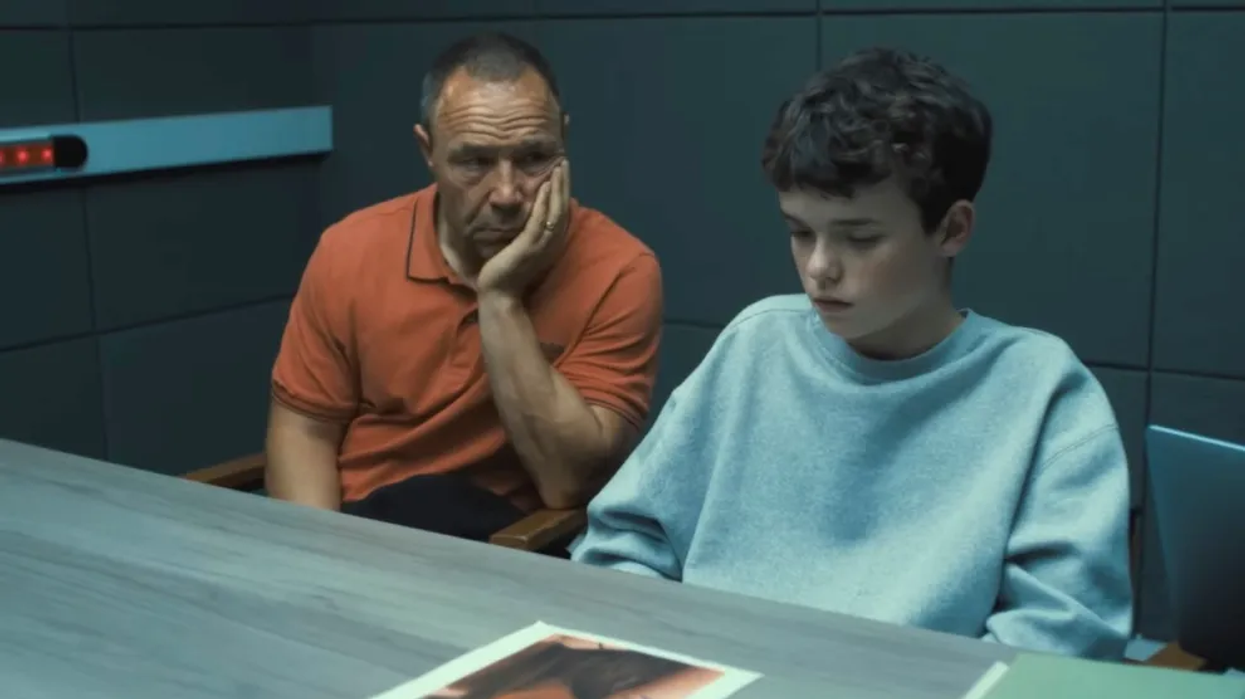Netflix’s latest limited series, Adolescence, has taken the platform by storm, racking up 96.7 million views in just 17 days. This unexpected success has pushed Stranger Things 3 down to the tenth spot on Netflix’s all-time most popular English-language TV series list, while Bridgerton Season 2 has dropped off completely.
Released on March 13, Adolescence follows the gripping story of 13-year-old Jamie Miller, played by Owen Cooper, who finds himself charged with the murder of a classmate. The series, directed by Philip Barantini and starring Stephen Graham, has connected with viewers worldwide, making its way into the Top 10 charts in all 93 countries where Netflix rankings are available.
- YouTubewww.youtube.com
Netflix measures its most-watched series over a 91-day period, meaning Adolescence still has over two months to climb even higher in the rankings. At the moment, the most-watched show on the platform remains Squid Game, while Wednesday leads the English-language category.
From March 24 to 30, Adolescence continued its strong run, adding 30.4 million more views to its total. It outperformed all other series that week, including The Residence, which placed second with 8.8 million views, and reality series Million Dollar Secret, which took third with 3.7 million.
In the film category, The Life List led with 24.4 million views, while The Electric State followed with 7.6 million.
What makes Adolescence’s success particularly big is that it became a global phenomenon without a massive marketing push. Much like previous surprise hits, such as Baby Reindeer, the series gained traction through word-of-mouth and social media buzz.
British Prime Minister Keir Starmer even weighed in on the show’s impact, announcing plans to make Adolescence available for free in UK secondary schools. The initiative, supported by the Into Film+ streaming service and the charity Tender, aims to use the series as an educational tool to explore its themes.
With 72 days left in its premiere window, Adolescence has a strong chance of climbing further in Netflix’s rankings. If its momentum continues, it could surpass The Night Agent and Fool Me Once, both of which sit at around 98 million views. Whether it can break into the 100 million club remains to be seen, but one thing is clear: this four-part series has certainly left a lasting mark on Netflix’s streaming history.





